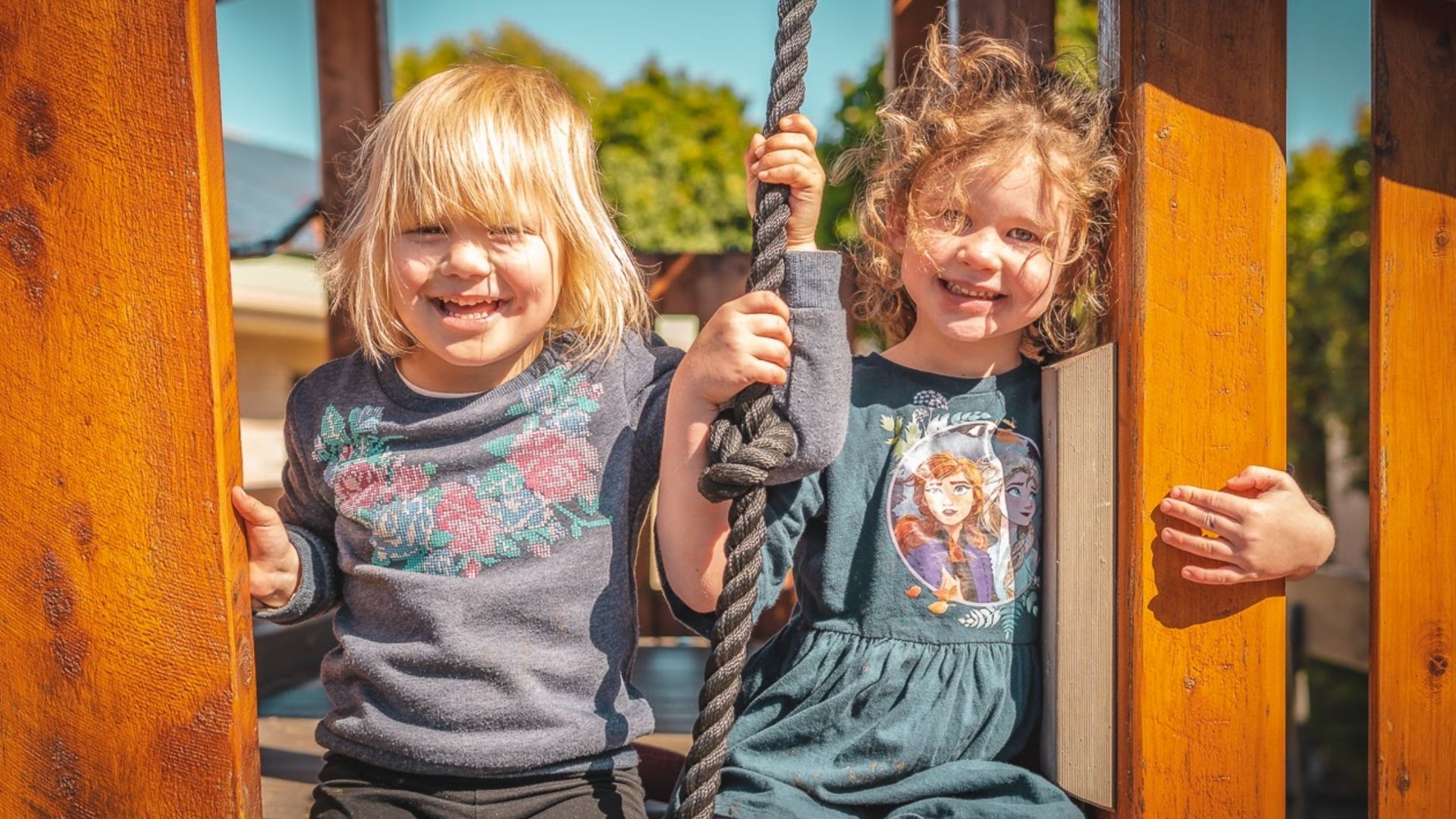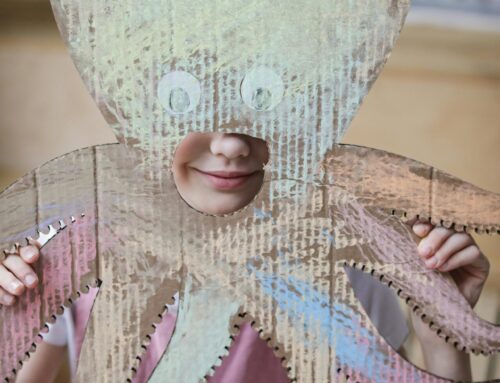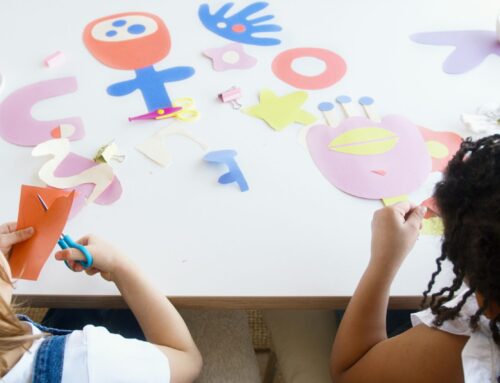By Kylie Dawson
The four key areas early childhood educators consider for school-readiness are:
- Social and emotional skills,
- Academic interest,
- Language skills, and
- Physical skills.
In this blog we will focus on the social and emotional skills that your child’s early childhood educators will be helping them develop, and you can use this blog to consider ways in which you could support your child, and understand whether they are ready for school.
Social and emotional skills
Children require certain social and emotional skills to thrive in all facets of their lives, including school. Classrooms and schools can be busy environments with a diverse population of people, unique challenges, and varying expectations.
In terms of social and emotional skills, children must be able to develop, or have the potential to develop, the following abilities:
- To begin the day, they willingly separate from their families. Each child’s ability to accomplish this will vary; some will run off without even saying goodbye, while others may require a consistent and reliable morning routine. If your child has trouble separating, you can create a trustworthy and supportive routine at home, making sure to include your child’s thoughts and ideas in the process. Also, talk to your child’s educators about developing a routine with them so that your child may gain confidence and practise saying goodbye to you. Also, make sure you and your child discuss ways their Prep teacher can assist them in the mornings!
- Children need social skills and the ability to play cooperatively with others. It is important to know how to join in a game, take turns, share, and look after our friends. Some children learn these skills incidentally; they simply seem to pick up on social cues and navigate their social world with ease. These skills must be intentionally and deliberately taught to children in order for them to be able to build relationships and friendships. Play turn-taking games like snap and memory (and don’t always let them win; knowing what it’s like to lose and that it’s okay is important!) as well as self-regulation games like Musical Statues and Simon Says. Ask your child how they think a character is feeling when you read books or watch TV together, and what clues they used to figure it out; this encourages discussions about feelings and body language, and promotes the idea that each of us have an internal world that can be influenced by others’ choices and behaviours.
- We need to provide opportunity for children to recognise and attempt to resolve conflicts when they arise, and we must be conscious of our child’s skill and ability in this area. As adults, we can act as observers and intervene as needed, teaching specific skills as required. It can be difficult to let your child get into a fight with another child over a shovel in the sandpit, but our role is to take a few deep breaths, observe and monitor, and intervene if needed. For example, you could let the two kids argue and try to resolve it on their own; sometimes they’ll succeed (yay! ), and other times, if things turn physical, you can intervene and help the children organise their feelings (“I can see you’re both upset over the shovel.”) I believe you both want to play with the shovel, but there is only one, and it can annoy us if we don’t get our way. It’s fine to be upset and angry, but hitting our friend is not okay. How can we express that we are sorry to our friend for hitting him?”) We can then help them in finding a more compassionate and respectful approach to the situation (“How do you think we can address this problem?”). We only have one shovel, and both of you want to use it? What would be the most considerate and helpful way to resolve this?”).
- When confronted with a problem, children need to be able to persevere and keep trying, understanding that obstacles can, and frequently do, bring frustration and discomfort. Some children’s personalities may lead them to try and try with little or no adult engagement, while others will require our assistance in developing a growth mindset and related skills. If your child becomes extremely frustrated, give them time to cool down before encouraging them to try again. Use real-life examples to remind children that they are capable of trying again and again, failing, and trying again! Remind them that the first time they walked, they only took one or two steps and fell, and they continued to fall for a long time; but they kept trying, and all that practise helped them become the strong runner they are today! Remember, you are their biggest role model, so show them that you are willing to try, fail, and try again!
- Children need to be able to follow simple rules. There will be rules in your home, in their early learning centre, at swimming lessons, and at their friend’s house. When they start school, they will be exposed to new and different rules and expectations. When we help children understand the WHY behind a rule, they are more likely to accept and support it. You can drive the car and ask your child why we need to stop at the red light. You can ask why they must wear a hat when outside. And why do you have a rule against pulling the cat’s tail? Continue to discuss these issues as new rules enter their lives.
- We also need to see our children establish their independence as they get older. Do they bring their own bag to kindergarten? Do they try to open their lunch box by themselves? Can they change their clothes if they become wet while playing in the water? It’s fine if they can’t perform these things now; the important thing is to encourage them to try and assist them in developing the necessary skills and abilities. You may give them the responsibility of setting the table for dinner at home (without having to worry about where the knives and forks wind up!) They might also be in charge of ensuring the dog’s water bowl is full in the morning and the mint is watered in the afternoon.
Remember that kindergarten is the year in which they establish and develop skills like the ones mentioned above, and that they will continue to improve in these areas as they progress through Prep, Grade 1, and beyond; learning never stops! Our job is to accept and celebrate where they are today (understanding that their peers will be at various stages of development) and to encourage them to take the next small step on their lifelong learning journey.
We regularly host Kindy Info Sessions, to find out when our next event is check out our Facebook page!





